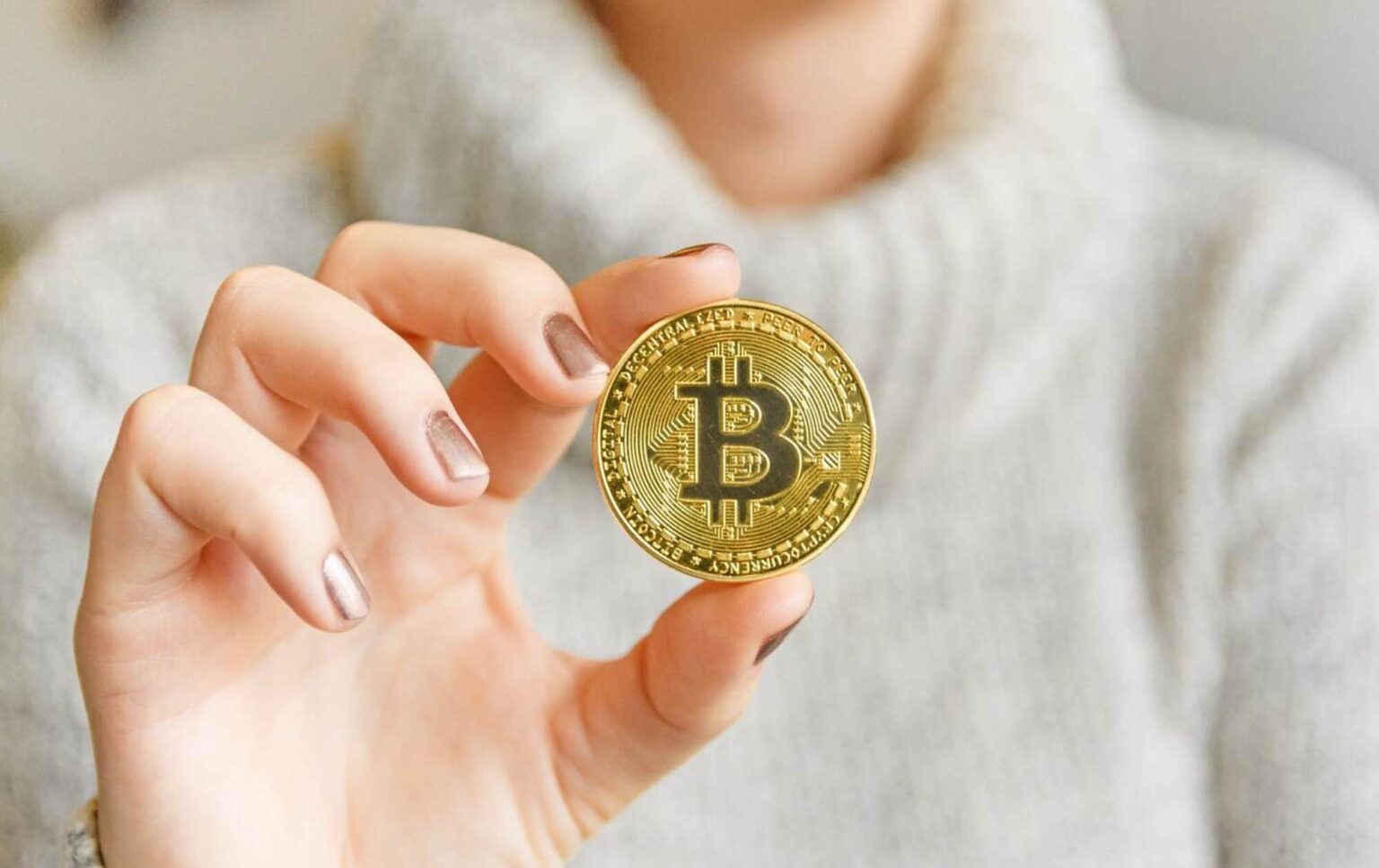
Importance of Opening Open A Bitcoin Checking Account
Establishing a bitcoin checking account is the first step in investing in bitcoin. You must first build a bitcoin account before you can sell, email, or receive bitcoin, convert it to currency, or use bitcoin for payments.
It’s essentially an electronic bank account, but unlike conventional bank accounts, it’s not insured by the Federal Deposit Insurance Corporation (FDIC) and isn’t regulated by banks, so no physical checks or ATM cards are needed. Now that we’ve been through the specifics, let’s refresh our memory about what bitcoin is.
Introduction to Bitcoin
Bitcoin is a kind of digital currency. It’s a new economy established in 2009 by a mysterious figure known only as Satoshi Nakamoto. Payments are made without the use of banks (i.e., privately), and they are not tied to or regulated by any government.
Since they are easier and less expensive than traditional money transfers, they are popular for international transactions. Bitcoin has no credit card fees, which can be advantageous to small businesses.
Understanding Bitcoin Checking Account?
A bitcoin checking account (also known as a bitcoin wallet) is a virtual currency that allows you to deposit and pass bitcoins. For a cryptocurrency, you’ll get a virtual address that you can use to make bitcoin payments. The terms “bitcoin wallet” and “cryptocurrency wallet” are interchangeable in this context.
A bitcoin wallet might store bitcoins in a database or on a targeted device, but it’s crucial to remember that information, not bitcoins, was being held. This refers to the public or private keys (i.e., private figures) that each bitcoin address in your bitcoin wallet needs. Bitcoin wallets allow users to send and receive bitcoins between them, as well as buy bitcoins on an exchange and keep track of their balances.
It’s also a safe way to store bitcoin and keep track of your funds because it needs verification because you don’t share your login details.
Steps to open a Bitcoin Checking Account
- Identifying the category of wallet you want to have and then determining an app, software, hardware, or third-party system to use it and implementing the step-by-step guidelines for setting up your account is pretty straightforward. There are two types of bitcoin accounts: personal and public.
- Personal: Gives more control over your phone’s wallet. You, but on the other hand, are incapable of ensuring the wallets safe and protected, along with all of the data contained inside them. You will lose your bitcoin if you lose it. These can be found in both hardware and software/desktop wallets.
Coinbase and Kraken, for instance, have managed bitcoin wallets that don’t need you to install software on your local computer. A centralized bitcoin wallet is more comfortable because you can control it from everywhere on the internet and you didn’t miss your bitcoin if you mishandle the wallet. The drawback is you’re going to support all of your bitcoin evolution trading platform data to an outside entity, which undermines privacy and security.
Bitcoin account terms
- Public Keys – A public address that indicates where your wallet, which is used to collect money, is located. Give it the name of a bank account number.
- Secret Keys – An electronic stamp that verifies the ownership of the tokens. It must be kept private at all times. As if it were a security code for your bank account.
- The Keystore File – contains an authenticated version of the confidential documents. Authentication is the process of translating information and data into a password in order to avoid unauthorized entry.
Ways to secure your Bitcoin Checking Account
Bitcoin addresses are a growing destination for cybercriminals. You will make your wallet more stable by encrypting it and storing it in cold storage. To get the best out of your bitcoin bank account, keep the following tips in mind:
The importance of safety can’t be overstated. Don’t give away your wallet keys to someone who shouldn’t have access to your bitcoin. Using the same caution as if you were dealing with a conventional bank account.
Backup services are extremely important. You will lose your bitcoin if you lose your money or the passwords to unlock it, as mentioned previously. This necessitates wallet backups, especially if the wallet is installed on a device.
The bottom line
Given the lack of regulatory mechanisms for exchanges and cryptocurrencies, having complete ownership of your private keys is the only way to keep your bitcoins safe. Unless you have an app or a decentralized bitcoin account, keep in mind anonymity, what you’ll do with your bitcoin wallet, and – framework you want.
The assessment process is necessary, so regardless of which form of bitcoin checking account you use, conduct your research.







